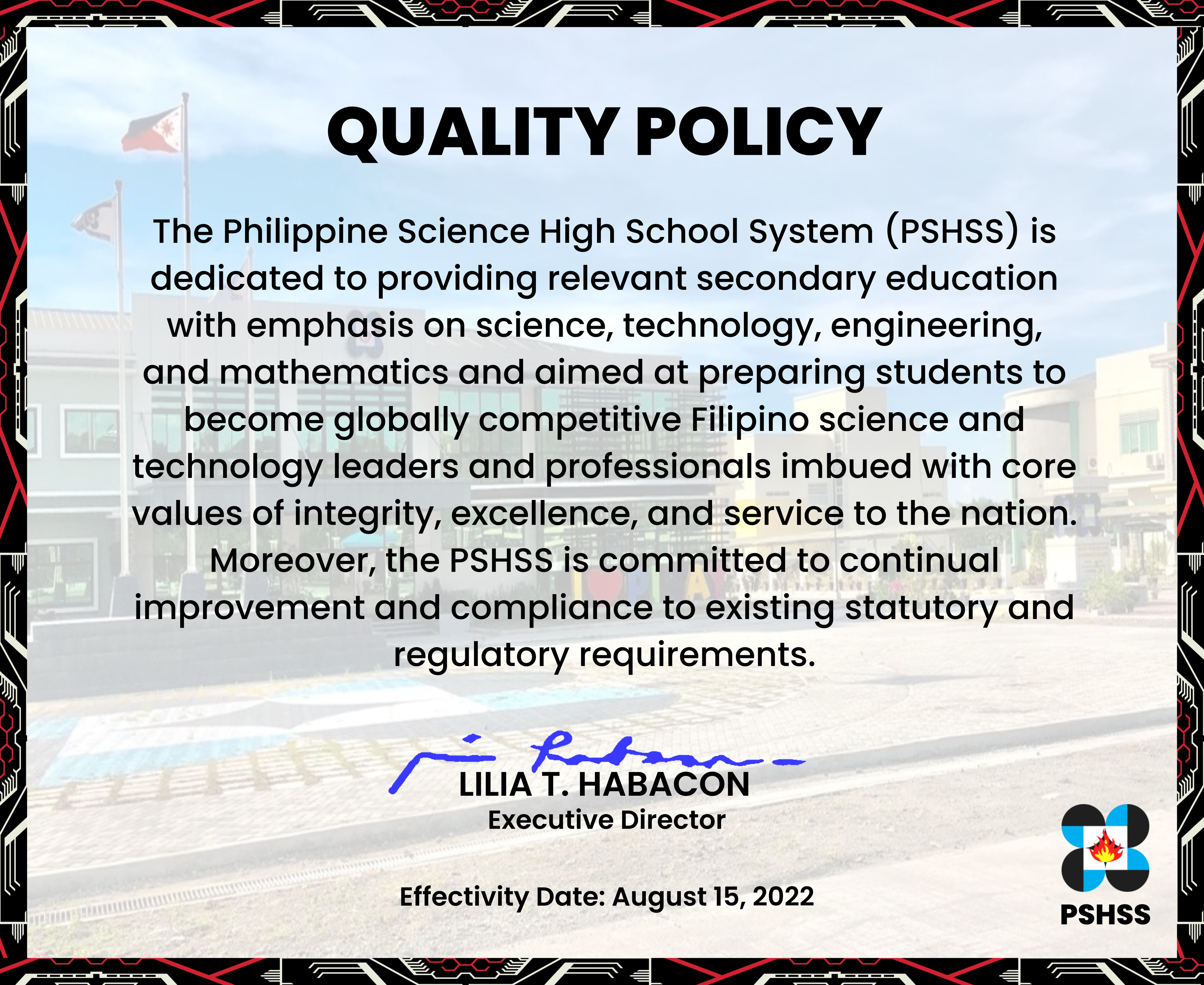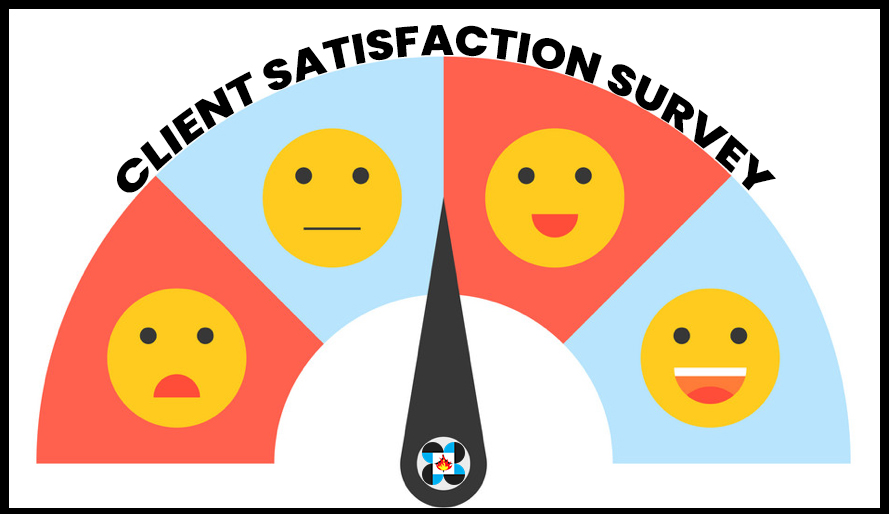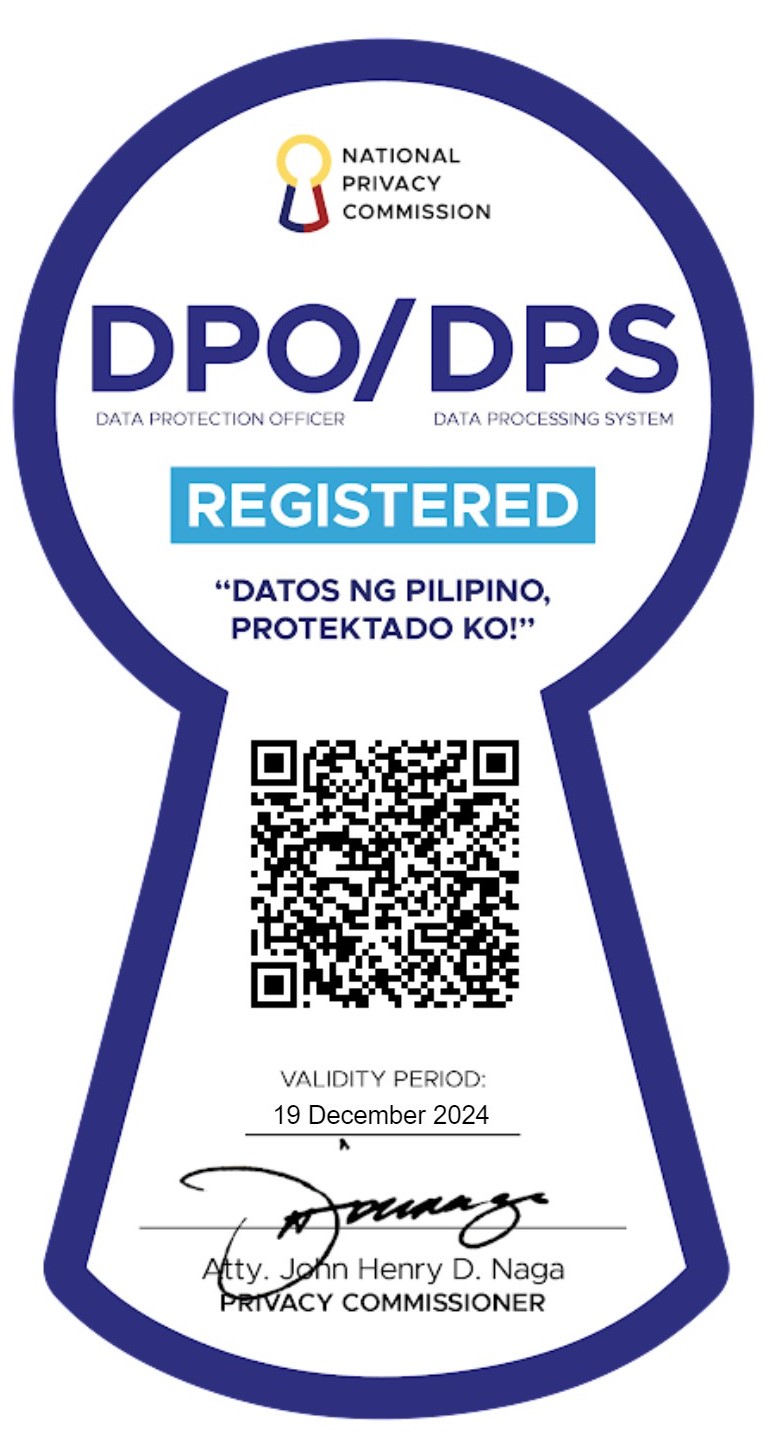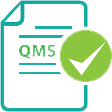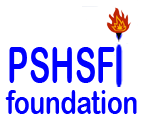Wednesday, 06 December 2017 07:40
2018 18-Day Campaign to end VAW - SRC is a VAW-free Community

Campaign Background
The 18-Day Campaign to End Violence Against Women (VAW) is observed annually from November 25 to December 12 to raise awareness among all stakeholders that VAW is a public issue of national concern. It supports the Philippine Government’s goal to protect the human rights of women and its commitment to address all forms of VAW. The following issuances provide the national legal mandates for the annual campaign:
- Proclamation 1172 s. 2006 – Declaring 25 November to 12 December as the 18-Day Campaign to End Violence Against Women (VAW)
- Republic Act 10398 (2013) – Declaring November 25 of Every Year as National Consciousness Day for the Elimination of Violence Against Women and Children
In Support of the Worldwide Campaign to End VAW
The 16 Days of Activism Against Gender-Based Violence begun in 1991, linking November 25 (International Day Against VAW) and December 10 (International Human Rights Day) to emphasize that VAW is a human rights violation. It is further strengthened with the launching in 2008 of the United Nations (UN) Secretary-General’s UNiTE to End VAW Campaign which envisions a world free from all forms of violence against women and girls. For the UN, this vision can only be realized through meaningful actions and ongoing political commitments of national governments, backed by adequate resources.
The Philippine Campaign to End VAW
The Philippine government has participated in this worldwide campaign to eliminate VAW since 2002. Recognizing that human trafficking is a form of VAW, Presidential Proclamation 1172 s. 2006 extended the national campaign to 18 days, to include December 12, a historic date that marked the start of opening for signature in year 2000 of the UN Protocol to Prevent, Suppress and Punish Trafficking in Persons, Especially Women and Children, supplementing the UN Convention Against Transnational Organized Crime.
The 2017 18-Day Campaign To End VAW
In 2016, the Inter-Agency Council on Violence Against Women (IACVAWC) adopted the theme “VAW-free community starts with Me” for the 18-Day Campaign to End Violence Against Women (VAW). The Council also agreed that the said theme shall be used every year from 2016 to 2021.
The theme shifts the 18-Day Campaign To End VAW to positive advocacy as it enjoins everyone to pursue the common vision of a VAW-free community, and highlights what can be done to achieve such.
Results of the National Demographic and Health Survey (NDHS) conducted by the Philippine Statistics Authority (PSA) in 2013 show that one out of five (20%) of women aged 15 to 49 years has experienced physical violence. The NDHS is conducted every five years. It should be noted that survey results are more indicative of the prevalence of violence in the country, since the administrative data on number of clients served by service providers like the police, social workers, and health workers only capture cases reported to these offices. Considering such prevalence, the 2017 Campaign to End VAW shall focus on Primary Prevention, to reduce incidents of VAW in the country.
The 2017 campaign approach is to make people understand VAW from the point of view of victim-survivors. It is hoped that such deeper understanding would ignite compassion from stakeholders, so that they would not commit, condone, or remain silent about VAW. For service providers, such compassion towards victim-survivors would encourage them to provide better services to their clients.
Reality Check: VAW in Numbers
- 1 in 5 women experienced physical violence since age 15 (2013 NDH Survey among women aged 15-49)
- 6 in 100 women reported having experienced sexual violence (2013 NDH Survey among women aged 15-49)
- 4% of women experienced physical violence during pregnancy (2013 NDH Survey among women aged 15-49)
- Only 3 of 10 women sought help to stop the violence (2013 NDH Survey among women aged 15-49)
- A total of 31,580 cases of violations of RA 9262 were filed before the Philippine National Police from January to December 2016 (PNP WCPC 2016 Report)
- A total of 15,749 cases of violations of RA 9262 were filed before the Philippine National Police from January to June 2017 (PNP WCPC 2017 Report)
- As of June 2017, 88.44% or 37,178 out of 42,036 Barangays in the Philippines have established Barangay VAW Desk (DILG Report)
Starts with ME
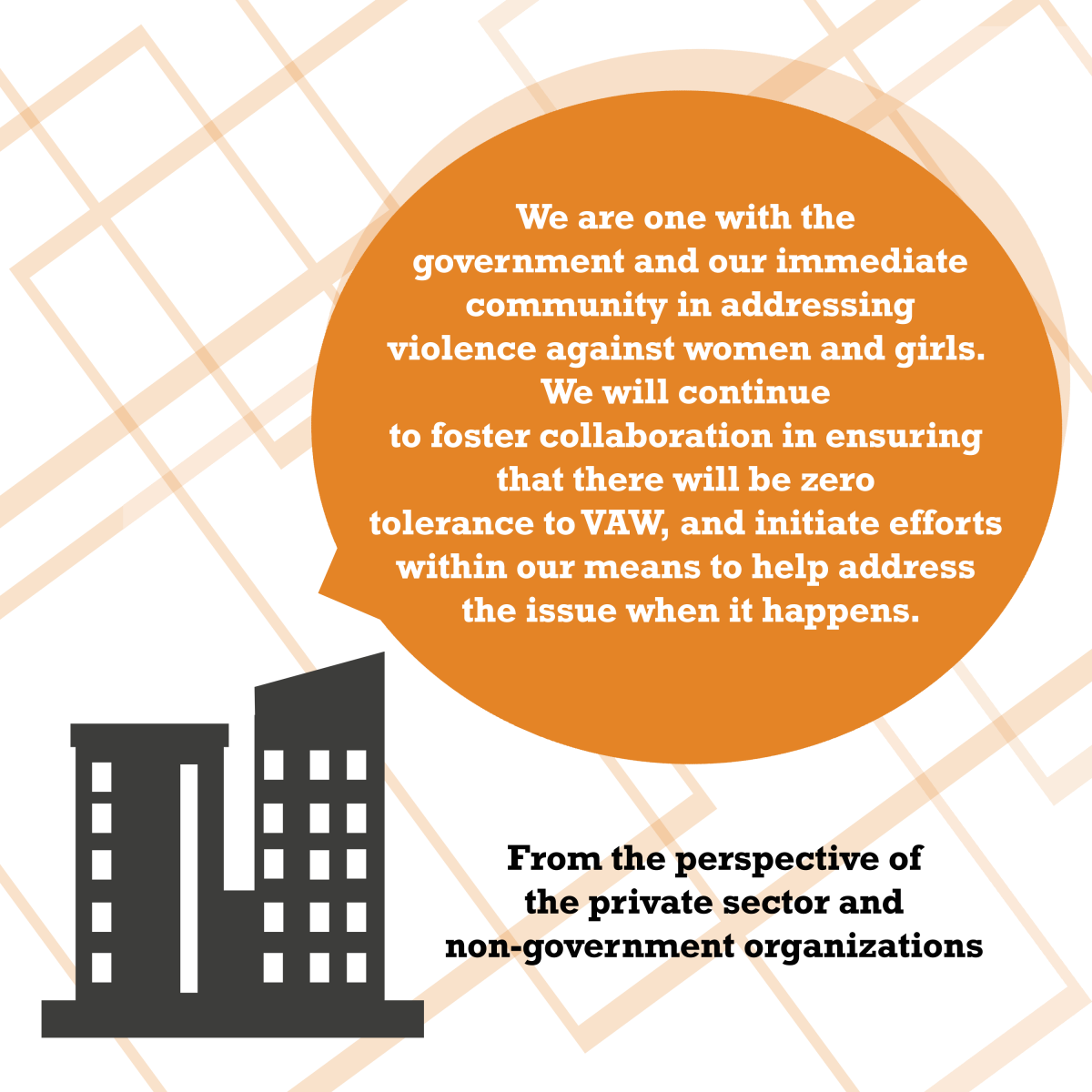
18 things that we can do to help end VAW
Woman/Girl
1. Empower yourself. Know your rights and available courses of actions in case these rights are violated.
2. Speak out and report to the authorities in case your rights are violated.
3. Encourage others to fight for their rights.
Man/Boy
4. Respect women and girls in your home, workplace, and community.
5. Join male groups promoting Anti-VAW efforts and participate in discussions to broaden your awareness on the advocacy.
6. Enlighten/advise perpetrators to seek help and join the male Anti-VAW supporters.
Government agency
7. Equip yourselves with apt trainings and capacity development sessions to improve service delivery for your clients.
8. Develop monitoring and evaluation strategy to assess the service to your clients supporters.
9. Let people know that you provide the services! We need to inform the public that there are government offices that they can turn to and trust to assist them towards healing and seeking justice.
Barangay
10. Ensure that your Barangay VAW Desk is functional. You can use the Barangay VAW Desk Handbook developed by PCW and DILG with partner agencies to guide you on what to do.
11.Establish linkages with local and national government agencies, as well as other organizations near your barangay where you can refer victim-survivors of VAW for needed assistance which the barangay is not able to provide.
12. Promote harmonious family and community relationships in your barangay which is grounded on mutual respect for human rights, and take proactive steps to attain a VAW-free community.
Private sector
13. Support the Anti-VAW efforts of the government and your immediate community.
14. Establish your own Action Desks where employees and clients can go to in case VAW happens.
15. Develop internal rules to proactively ensure that your workplace is VAW-free.
Academe/training institutions
16. Include concepts of VAW and women’s human rights in lesson plans/lesson guides of your teaching staff
17. Continually conduct/spearhead anti-VAW advocacies in your campus, and if possible, to your immediate community through extension programs.
18. Setup a Committee on Decorum and Investigation (CODI) where students and employees can seek help
How can individuals and organizations get involved in the campaign to end VAW?
Organize your own event and invite others to join your event. Government agencies, non-government organizations, sectoral groups, private and civic organizations are enjoined to conduct their own activities in line with this year’s campaign theme and focus. You can get in touch with the Regional and Local Inter-Agency Committee Against Trafficking in Persons, VAWC, and Child Pornography (Regional/Local IACATVAWCP) in your area to know how you can participate in regional and local activities. You can also invite other groups and individuals to join your event. Hanging of streamer bearing this year’s campaign theme is also encouraged.
Live a Life Free from VAW. A life free from VAW – it’s our right! Freedom from VAW starts with knowing and respecting each person’s rights. You can help end VAW by doing the following:
- Never commit VAW
- Never condone VAW
- Never remain silent about VAW
- If you are, or you know someone who is a victim of VAW:
- Seek help from sympathetic family members and friends
- Report and seek the help of the barangay, social worker, police, NBI, or public attorney’s office nearest you.
Spread the word. Freedom from VAW is everyone’s concern. Be a firm advocate and partner in ending VAW. Know more about VAW and share the information with everyone. Support efforts within your school, workplace of community to eliminate VAW and achieve our vision of a VAW-free community.
Published in
GAD





